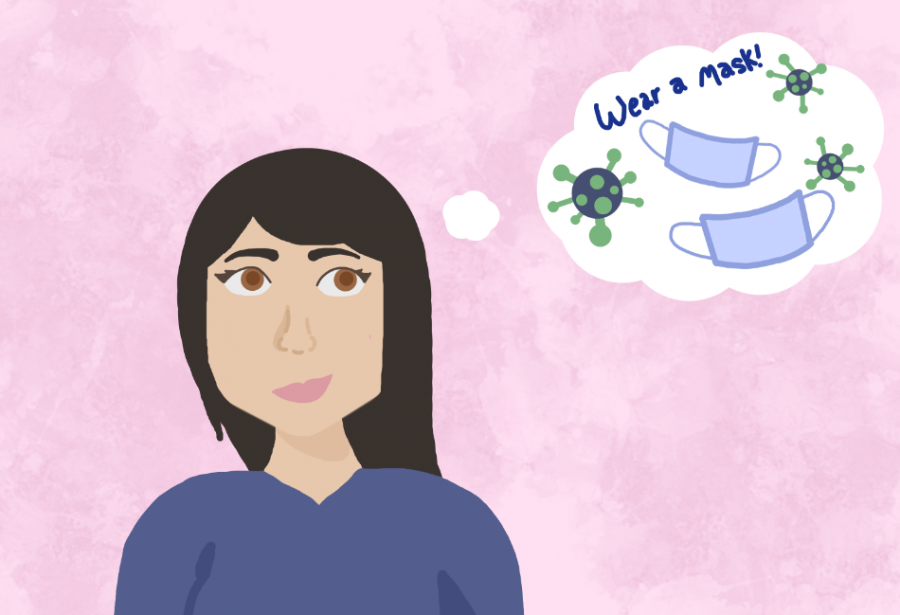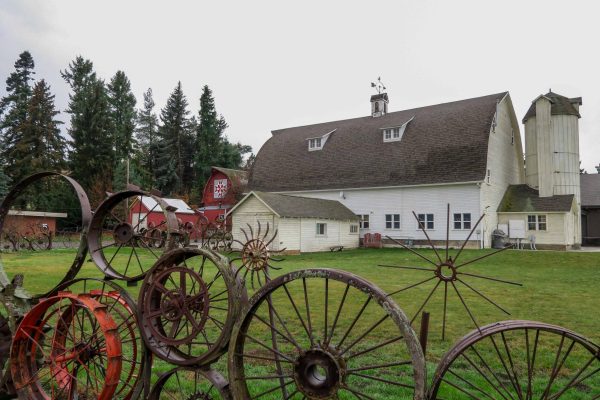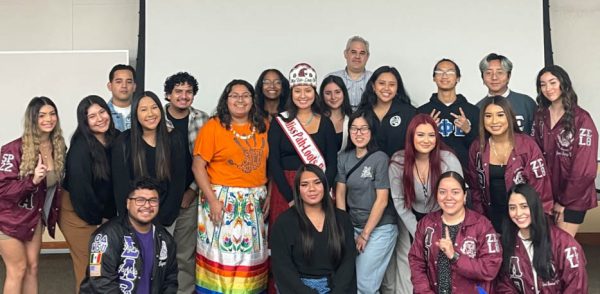Educate Yourself: COVID-19
We need to relearn lessons previous pandemics have taught to understand COVID
Love our recommendations? You can send your thoughts to [email protected].
August 17, 2020
We’ve all learned by now that COVID-19 has deeper implications than most pandemics we’ve seen, so this Educate Yourself is not just about how to protect yourself from COVID-19 because we’re already months in. Hopefully, we all know to wash our hands, stay six feet apart, keep our masks on and all that jazz.
To understand COVID-19 and why we’re in the situation that we are, you have to understand how diseases work, how pandemics work and, most importantly, how we interact with them.
The material here is to learn more about the impact COVID-19 has and why it is having that impact. This has to do with everything from how diseases work themselves to the policies world governments have enacted (or failed to enact) against COVID. As always, this is far from explaining everything, but hopefully, it explains more than you already knew.
“Coronavirus Explained”
This three-episode Netflix show does a fantastic job covering the pandemic, with the first episode focusing on how COVID-19 became so widespread, and the second talking more about the virus itself. The show does also bring up deeper issues such as how governments initially handled COVID and the potential problems with so many vaccines being worked on, but it doesn’t delve too far into them. Still, they serve as a good introduction to these topics.
The last episode is also focused on dealing with and limiting stress and anxiety that comes from living in a pandemic. The tips are super helpful, and it’s narrated by Idris Elba, so I’d recommend watching it for that reason alone.
“The Rules of Contagion” by Adam Kucharski
This book is great if you want to learn more about how viruses spread and pandemics start. It covers things like why viruses don’t immediately infect everyone in a population, why some people are more effective at spreading diseases than others and more. The book does a great job of using analogies, stories and simple explanations to explain all this stuff.
The book also spends a lot of time on the history of epidemiology — the study of diseases — and the stories behind the answers. To be honest, I did not think I would’ve been as interested in the history behind mosquito control or the mislabeled patient zero of HIV as I was, but you do get sucked into it. This is an interesting book even if you aren’t a big science person, and even though it came out earlier this year before the pandemic started ramping up, a lot of the lessons here apply just as well.
“COVID-19: The Pandemic that Never Should Have Happened and How to Stop the Next One” by Debora MacKenzie
Basically, this book is about why the world wasn’t more prepared for COVID and why it should’ve been. Not only does MacKenzie detail the initial response to COVID in places like China and the U.S., but she also compares COVID to previous pandemics such as SARS in 2003 and MERS in 2012 where similar responses happened to similar results — albeit on a smaller scale — to ask if we could’ve stopped, or at least severely limited, COVID-19.
This is a great book for the history of COVID up until now, and it is the definition of “those who don’t learn history are doomed to repeat it.” This book shows we’ve been relearning lessons already taught since COVID-19, and we need to remember them to curb pandemics in the future.






















